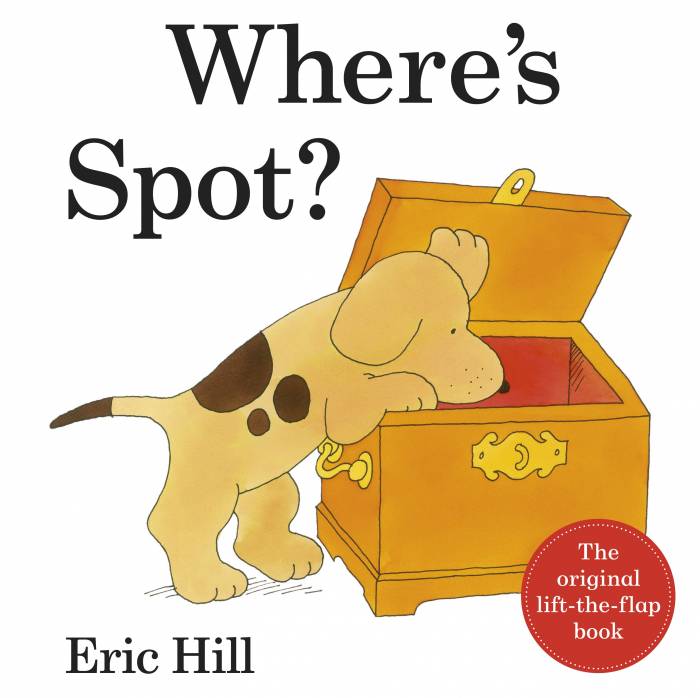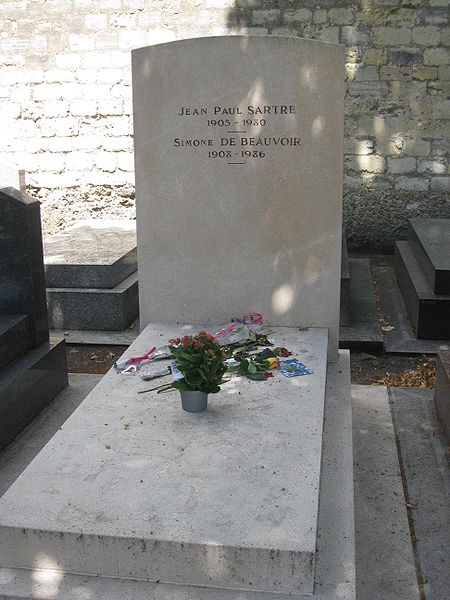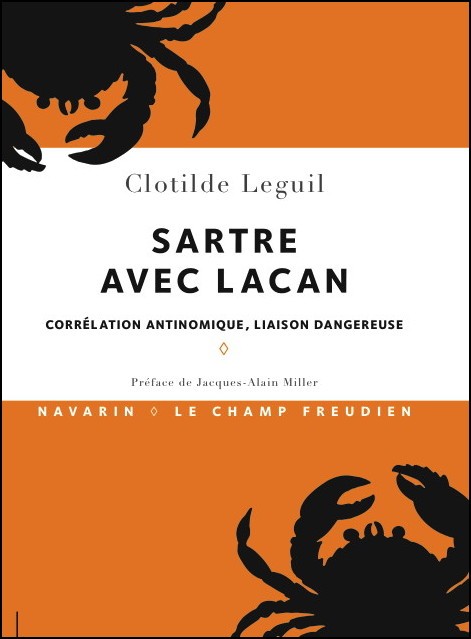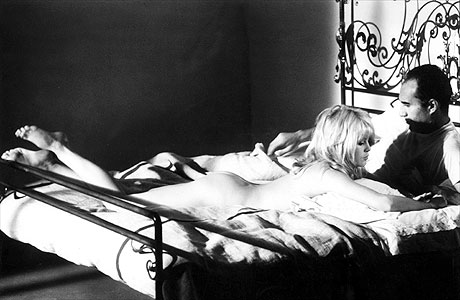Or: ‘Emotional Proximity in the Ivory Tower: Between Emulation and Rivalry.’
(academia-related post = academic-souding title)
I am endowed with a boyfriend who’s also trying out this whole academia thing that I’m sort of into as well. In other words: we both want to be researchers and lecturers when we grow up. Granted, he’s in another corridor of the Ivory Tower, but not very far from mine – he’s in the English Literature and Theory office, as opposed to Literature for Nanohumans and Philosophy Thereof, which is where I currently occupy a cubicle. He’s also slightly younger than me, because I’m a cougar like that, so we’re not (yet) on the jobmarket at the same time. And finally, we’re not leaning on the same theoretical frameworks – in fact our favourite thinkers couldn’t be more diametrically opposed.
But of course these differences don’t mean that the comingling of the personal and the professional doesn’t happen. It happens all the time, and it’s mostly wonderfully enriching and stimulating, because we’re exactly on the same wavelength re: what we think research should be about, and how ambitiously we should aim to Transform the Whole of Intellectual History. And yet there’s much more than stimulating debates and mutual encouragement in this kind of relationship, as I’m sure the 99% of academics who are going out with other academics already know.
The individual in question would hate me to ramble on about his greatness, but in all objectivity, I have never met anyone at this stage of their PhD who is as knowledgeable, intellectually sophisticated and ambitious, who’s achieved so much already, and who writes so well. Furthermore – it shouldn’t matter, but it does – he’s doing a Proper Discipline, not one with Nanohumans in it. One that makes people go ‘blimey, it sounds difficult’ rather than ‘whoa, you read Spot the Dog all day?’

‘Having discovered the haunting presence of nothingness in being, Spot undergoes an existential crisis’ (Beauvais, 2013)
We’re in the same sort of area – so I can judge what he does as well as he can judge what I do. And if it’s doing wonders for the evolution of my thoughts, and constantly pushing me further, it’s sometimes at the cost of a good chunk of self-esteem. Because it’s not the same when your supervisor, or the anonymous peer-reviewer of Children’s Literature Association Quarterly, or your mother declares that your latest textual analysis is ridiculously overgeneralising, and when it’s your boyfriend who says so. In the first three cases, you get back to work. The fourth one sounds like you are running the risk of never being loved again. Ok, that’s a bit of an exaggeration, but you get the idea.
Some people say that the face of 20th-century French philosophy would have been different if Simone de Beauvoir had been ranked first at the Agrégation of Philosophy, the highest academic distinction in France. Jean-Paul Sartre was ranked first, she came second. It doesn’t matter that he was taking the exam for the second time as he’d failed it the first time; it doesn’t matter that she was coming from a much less privileged background, and the youngest candidate that year. In some people’s minds, Beauvoir was condemned to remain Sartre’s follower, to expand on his work, but never to develop a system of her own. What if she’d been first?

She got her own back by dying second as well. C. Le Grand Portage
I think that question is actually counterproductive. I’m not going to get into everything that Beauvoir did far better than Sartre, but they’re not quite the right people to bring into that debate. It’s not them, the controversial superstars, who highlight the dangers of erotico-academic relationships – it’s the others, the ones we never hear about. Or rather, the ones with the partner we never hear about. The couples with the superstar professor and the mid-level lecturer. The ones with the genius theorist/radical thinker with the partner who writes textbooks and does a lot of teaching, even though s/he seemed to enjoy theory too, once upon a time (more often she than he, judging from what I see around me…)
Academic couples who regularly read each other’s work are, I think (I think!), always engaged in that precarious tightrope-walking exercise of offering constructive criticism that doesn’t end up ruining the mood of the whole Sunday afternoon, spotting when the other is really asking for punctilious peer-reading or if they simply need reassurance, and above all, making sure that whatever successes one encounters don’t lead the other one to think, ‘That’s it, I’ll be the one who’s the footnote in his/her biography a century onwards, I might as well give up now.’
So yes, there’s always a risk that the one with the lower self-esteem might not survive the peer-reviewing pillow talk and that all embryonic ideas conceived in that bed might end up on the CV of only one of the two. And not necessarily in an evil, ‘Every consciousness wills the death of the other‘ way, either. Just as many bright people gradually overshadow their beloved sibling just by being themselves and there, despite all the love and sincere admiration they can have towards them, it’s sometimes a quiet, tender, unconscious battle of assertiveness that takes place in academic couples.
It’s mysterious, that anguish you get when you give your latest chapter to read to someone who will be enthralled only by Hegel, and the crushing disappointment when you realise that your own writing still doesn’t have the same effect on him. And the moments when you say ruefully, ‘You don’t like my ideas as much as you used to!’ as if there was something about your theorisation that’s become as routine as that dimple in your cheek that first caught his eye.
But mostly the intimacy of bodies and ideas is glorious and neat, a dangerously far-reaching, all-in-one package, like having a research diary that responds to you with reading suggestions, annoying-but-terribly-useful counterarguments, and encouragements; that makes you tea when you’re struggling with a paragraph; that rereads your damn post-doc applications thirty times; that knows you so well that it can tell you exactly which traumatic episode of your childhood is responsible for the fact that the literary analysis you just did makes no sense at all. All that nicely tied-in with the typical comfortable monogamous relationship of two child-free people in their mid-twenties with little disposable income but no taste for luxuries.
So I don’t know who’s Socrates and who’s Alcibiades, or who’s Sartre and who’s Beauvoir (I’d rather do away with the extran bisexual affairs, though, if you don’t mind), or who’s Arendt and who’s Heidegger (erm, hopefully neither), but I know there’s always more seductive potential in my monograph-writing than in my shopping at Ann Summers, and that I don’t care about the early white hairs as long as I can see his serious concentrated face listening to Bernstein’s lectures on the Phenomenology of Spirit.


